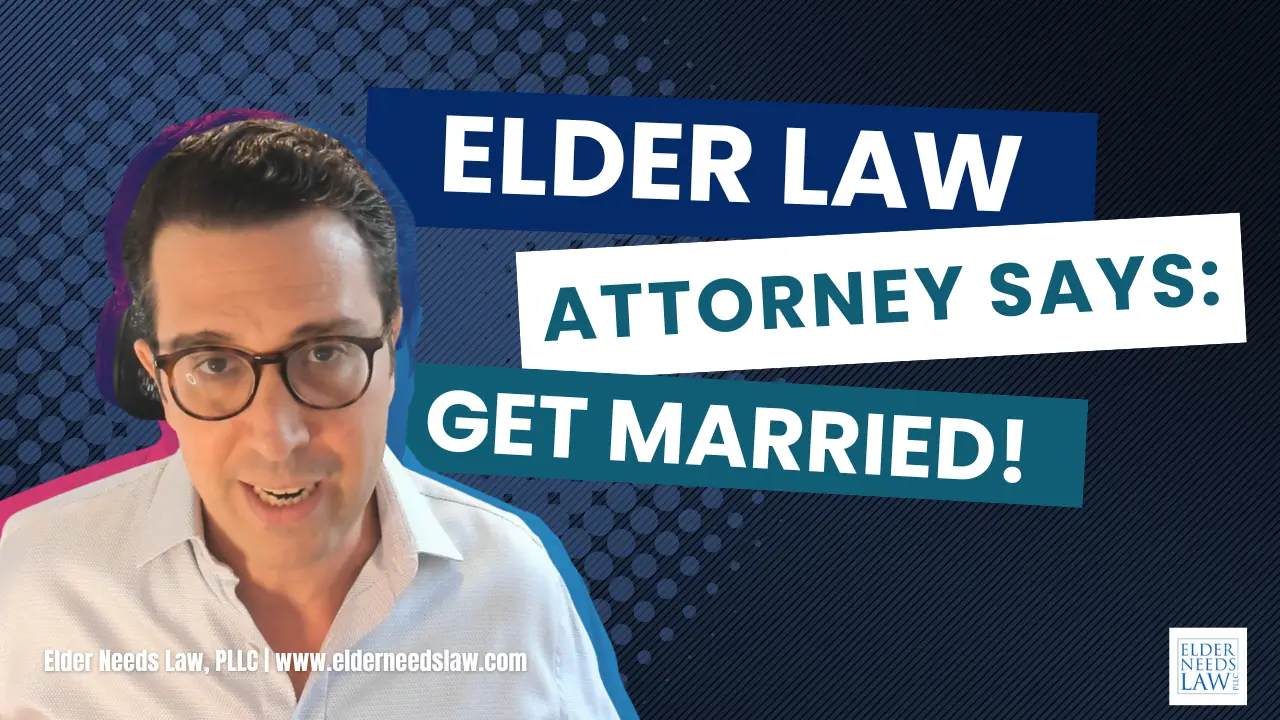Spousal Refusal: A Medicaid Planning Strategy in Florida

As the cost of long-term care continues to rise, many people are looking for ways to manage the cost of nursing home care.
One option is a Florida Medicaid planning strategy known as spousal refusal or just saying no. This strategy is most applicable in situations where a married couple has one spouse in a nursing home and the other spouse is living at home in the community and not in need of Medicaid themselves.
The main concept behind spousal refusal is to take advantage of the fact that spouses can gift assets to each other without penalty. Spouses are the only two people who can give the assets to each other without penalty. In contrast, if one gifts assets to a child or a close friend or relative within five years of applying for Medicaid, they will be penalized. Spouses, on the other hand, are exempt from this penalty.
The strategy of spousal refusal involves transferring nearly all assets from the spouse who is in a nursing home and needs Medicaid to the spouse who is not applying for Medicaid, referred to as the community spouse. This transfer is done by taking advantage of the fact that spouses are allowed to gift assets to each other without penalty.
Once the assets are transferred, the financial relationship between the married couple is severed, and the community spouse refuses to make their assets available to the Medicaid recipient.
In Florida, Medicaid is not allowed to count all the assets that are now in the name of the community spouse against the one who is demanding or applying for Medicaid benefits.
However, there is a drawback to this strategy.
The spouse who is in the nursing home has to assign their right to demand spousal support to the State of Florida. This essentially allows Medicaid, if they choose to do so, to step in the shoes of the Medicaid recipient and sue the community spouse to demand that they support the institutionalized spouse.
While this is a scary possibility for many Floridians, to date, this has never happened.
If people are uncomfortable with this remote risk, sometimes a family law attorney is brought in to put together a strategic divorce, meaning arranging for a legal dissolution of the marriage. This strategy is not because the couple does not love each other, but because it separates their assets and makes it so that no matter what, the state of Florida is not allowed to look at the community spouse's assets.
Another drawback to spousal refusal is that when a spouse is in a nursing facility, 100% of their income goes to the facility minus a $130 personal needs allowance. However, when there is a community spouse, there are rules to prevent spousal impoverishment. If the institutionalized spouse is the high income earner, there is a way to divert income away from them and put at least a portion of that income into the hands of the healthier spouse.
In conclusion, spousal refusal is a strategy to consider when trying to manage the cost of nursing home care in Florida. However, there are drawbacks and a cost-benefit analysis needs to be done.
It is essential to discuss this strategy in greater detail and have a consultation with an elder law attorney.
Need help with Medicaid planning? The team at Elder Needs Law can help. Contact us today to schedule a consultation.







